Yashvi Peeti is an aspiring writer and an aspiring penguin. She has worked as an editorial intern with Penguin Random House India and HarperCollins Publishers India. She is always up for fangirling over poetry, taking a walk in a park, and painting tiny canvases. You can find her on Instagram @intangible.perception
Anybody who knows me knows that I have a lot of feelings, and I am very keen on feeling all of them. They help me move through the world.
It was a strange experience to read Almond because our protagonist Yunjae is not like me. He has a brain condition called Alexithymia that makes it hard for him to feel any emotions. His amygdalae are different from most of us. They make it difficult for him to feel pain, know danger or joy, speak to people, or make friends. Because he does not feel like the rest of us, he has nothing to guide him through interactions with others. His mother and grandmother work relentlessly to teach him the rules of the social world. She hopes to make life easier for her little boy.
Almond by Won-Pyung Sohn, translated by Sandy Joosun Lee
Yunjae does not know anybody who is anything like him. But his mother and grandmother are always by his side. In a truly tragic incident, that shifts too. He is pushed further into isolation. Meanwhile, due to another fateful turn of events, Gon joins his school. Unlike Yunjae, Gon has a lot of feelings, mostly of rage, that he is very expressive with. He starts to bully Yunjae, expecting the satisfaction of getting to his victim. But Yunjae cannot give Gon what he wants. Slowly, the two boys start to spend more time together. Neither of them understands the other, but a familiarity starts to develop anyway.
Yashvi Peeti is an aspiring writer and an aspiring penguin. She has worked as an editorial intern with Penguin Random House India and HarperCollins Publishers India. She is always up for fangirling over poetry, taking a walk in a park, and painting tiny canvases. You can find her on Instagram @intangible.perception
The dynamics between Yunjae and Gon teach us about unlikely friendships. The book also made me think a lot about parenting. Yunjae’s mother and Gon’s father both wish that their kids weren’t so… different. This story makes you question your ideas of what it is like to be a parent. Would you love your child if they couldn’t feel at all? Would you love them if they were deeply troubled and engaged in criminal activity? How do you reconcile the hopes you had for them with the inevitable reality of their existence? And more importantly, as a child, how do you deal with parts of yourself that your parents wish would not exist?
The novel is divided into short chapters that can be engaged with even during a busy week. The plot keeps the story moving along so it never feels stagnant. Your heart breaks for each of the boys as you see the world through their eyes. Their journey is tragic yet laced with hope. It holds its essence and impact in its wonderful translation by Joosun Lee. I hope reading it makes you wonder about almond-shaped amygdalae, being young and different, and being a parent witnessing it all.
For more translated reading recs, here are some of the best books in translation coming this fall. For books on a similar theme, try these coming-of-age novels for adult and YA audiences.
Join All Access to read this article
Get access to exclusive content and features with an All Access subscription on Book Riot.
- Unlimited access to exclusive bonus content
- Community features like commenting and poll participation
- Our gratitude for supporting the work of an independent media company


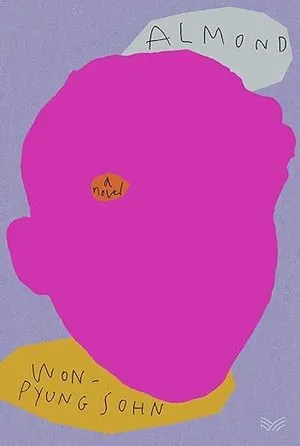




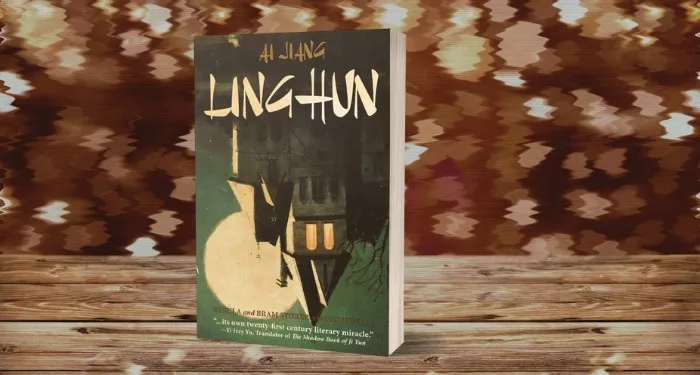

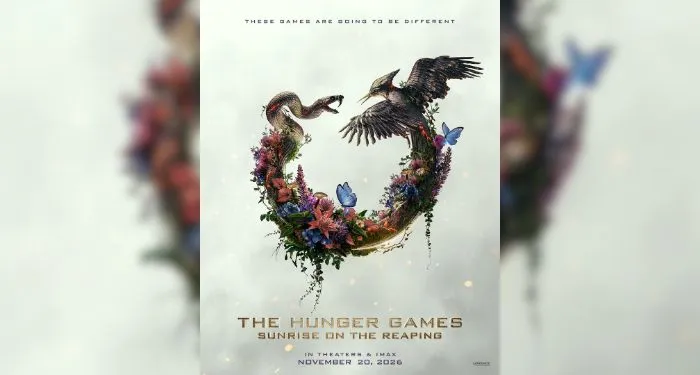

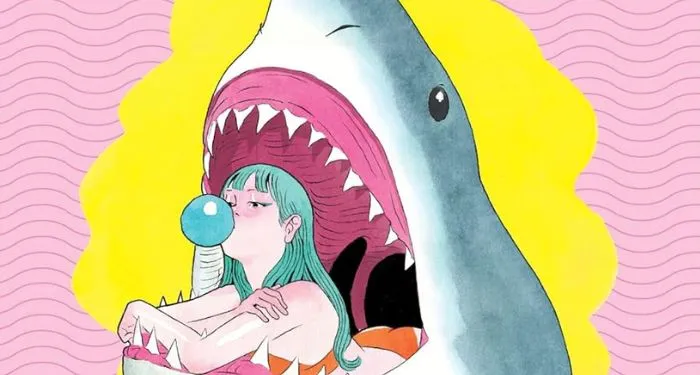



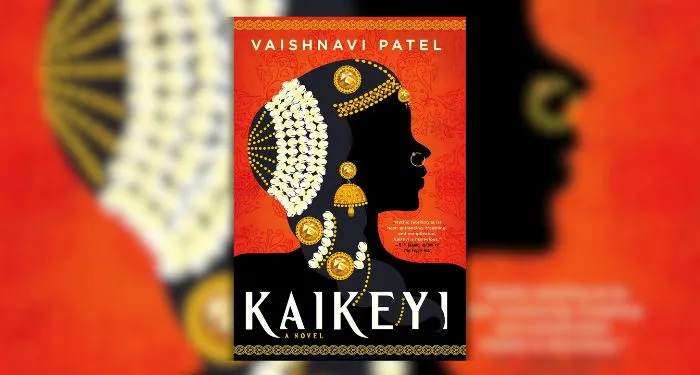


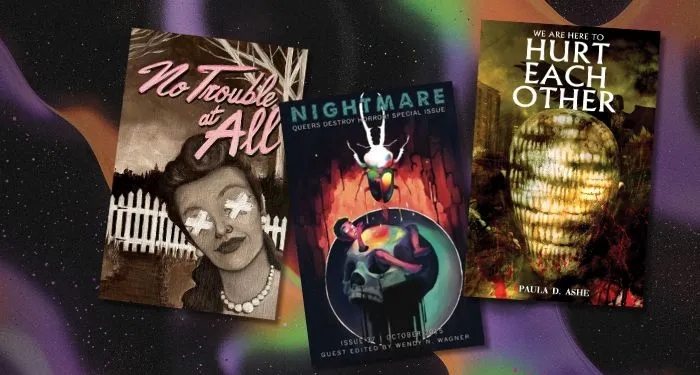


 English (US) ·
English (US) ·